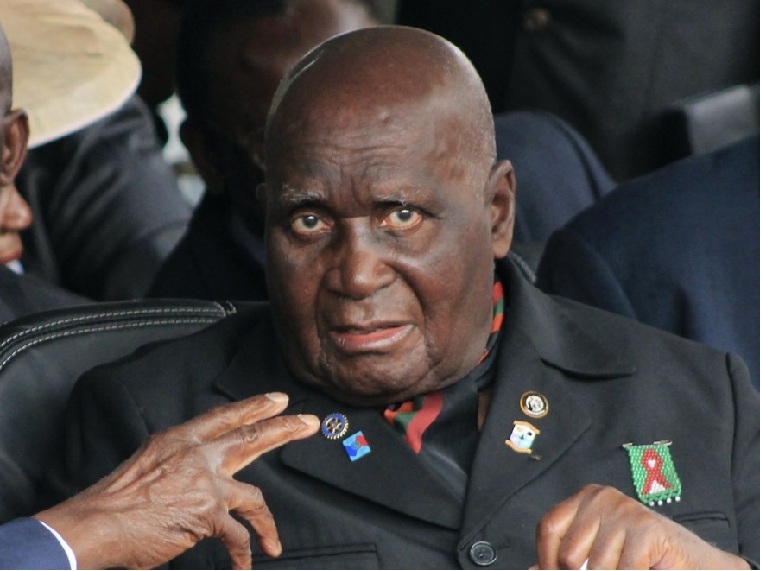Where this becomes more interesting, though, is when one considers the economic records of Africa’s conservative leaders from the same era, even the ones who aligned themselves most enthusiastically with the West. One is hard-pressed to find a ringing success story among this group either, and you will search in vain for true economic takeoff. Here, the career of Cote d’Ivoire’s late founding father, Felix Houphouet-Boigny, is instructive. An ardent practitioner of capitalism, his three decades of rule ended with Cote d’Ivoire perennially ranked as one of the top global producers of cacao and coffee, but with poverty and stark inequality still endemic. Today, per capita income in a country once held up as a showcase for the West is an extremely modest $2,276, according to the World Bank, a razor-thin margin higher than that of erstwhile socialist Ghana next door. Other countries that have been held up as economic darlings of the West for adherence to the prescriptions of the International Monetary Fund and World Bank—like Uganda, for example, where per capita income is $794—rank even lower.
Too few in the West, including those who direct policy toward Africa, take much interest in what this tells us. It is true that Africa has had more than its share of genuinely bad leaders, but that explanation for the continent’s broad failure to break through economically only gets one so far. Late in their political lives, with their nearly opposite politics—one on the left, the other on the right—Kaunda and Houphouet-Boigny each made bold, almost desperate gambles to break out of the economic holding patterns their countries had been locked into. Kaunda nationalized copper production in his country, in the hopes of ensuring that the revenues could be used to improve living conditions for Zambians instead of merely enriching foreign investors. Houphouet-Boigny withheld Cote d’Ivoire’s cacao from European buyers, hoping that he could shock world markets into paying a fairer price for his country’s most important commodity. Both bids failed, and both men were severely punished by markets that cared little for their people’s needs or aspirations.
What the writers of the facile conventional judgments about Africa’s modern political history fail to acknowledge is the level of difficulty faced by the continent’s fragile new states as they entered the world stage, crippled by the stinginess of colonial rule and daunted by a West that only took interest in them in shallow, episodic ways that were utterly framed by Cold War competition.
What Zambia or Cote d’Ivoire, Ghana or Guinea needed most then were investments that would allow them to begin transforming their own products into finished and semi-finished goods, as the start of a process of industrialization—and it is what they still need most now. And until that day comes, they will need rich Western countries to open up their markets much more widely than they have ever been willing to do for African goods, especially farm products.
It is this legacy of parsimony and neglect that caused so much of Africa to turn eagerly toward China when that country began to reengage with the continent more than two decades ago. Nowadays, with no sense of irony, Westerners can be frequently heard to warn of an ongoing Chinese “takeover” of Africa. If it is true that, when it comes to offering African countries investment, China is mostly in it for itself, it is even more true that when it comes to accepting those offers of investment, African countries are also in it for themselves. What is even more obvious is that where Africa is concerned, the West has never answered the call.
By Howard W. French for WPR
(161 VIEWS)

